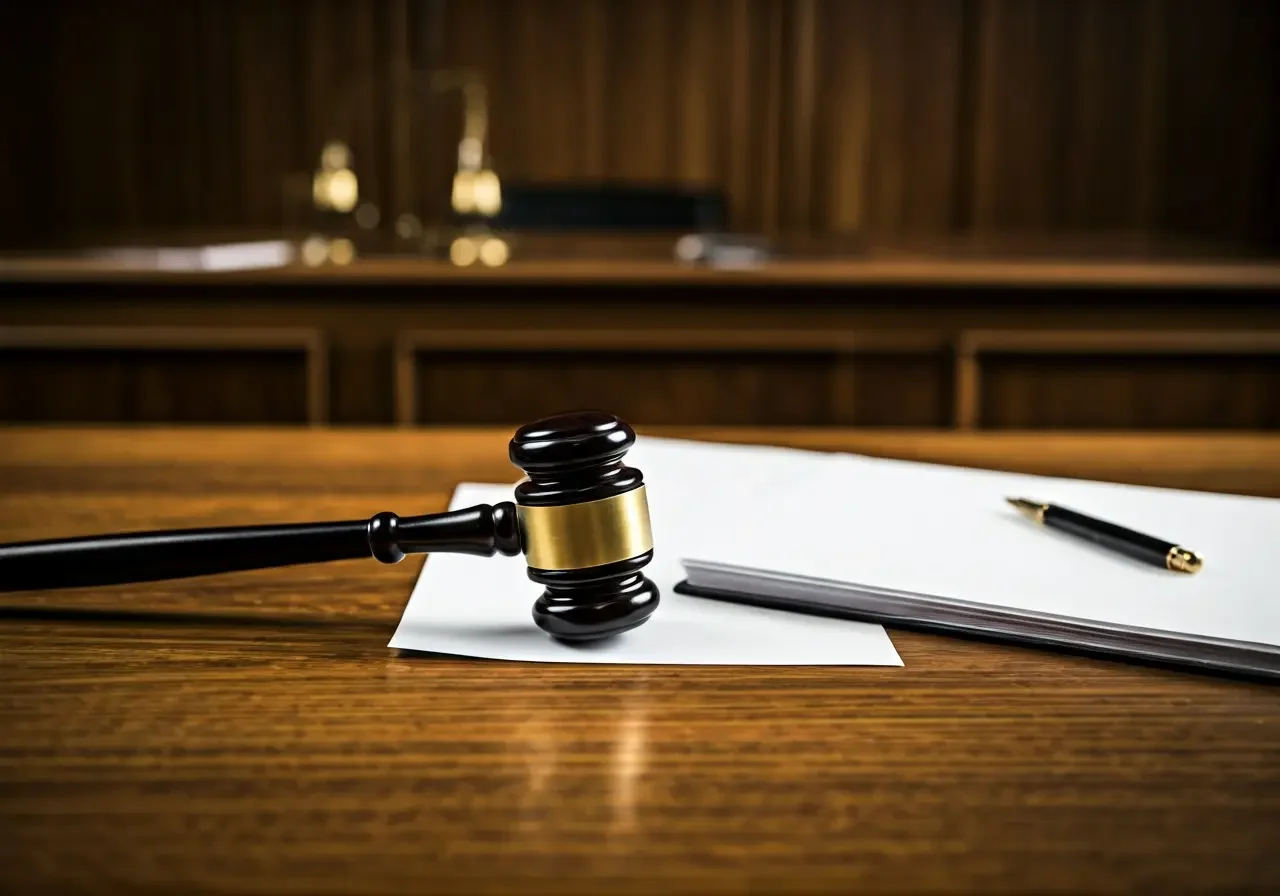Exploring Your Options: Can You Get Bond on Federal Charges
Facing federal charges can be an overwhelming experience, leaving many individuals and their families with questions about the process, including the possibility of securing bond. In this blog, we'll explore the key factors that influence bond eligibility in federal cases and what you can do if you or a loved one is in this situation.
Understanding Federal Charges
Federal charges usually arise from violations of laws enacted by the federal government. These may involve serious crimes like drug trafficking, racketeering, and crimes that affect interstate commerce. Unlike state charges, federal offenses are prosecuted by U.S. Attorneys and can carry harsher penalties. Understanding the nature of these charges is the first step in navigating the complex federal legal system. Federal charges are classified based on severity and often have mandatory minimum sentences, making the stakes significantly higher compared to state charges.
The difference between state and federal charges can be confusing. While state laws handle crimes within their borders, federal laws come into play when offenses are widespread or of national significance. For example, a case involving cross-border drug trafficking would fall under federal jurisdiction, underscoring the seriousness of the offense and the rigorous process involved in these cases. This can also affect an individual's eligibility for bond, as federal cases are handled in federal courts that follow distinct rules.
Factors Influencing Bond Eligibility
One of the primary factors that influence bond eligibility in federal cases is the nature of the crime. Violent offenses or crimes involving large amounts of money often result in higher bonds or no bond at all. Defendants with prior criminal records might also face challenges in securing bond due to perceived risk factors. The risk of flight, which assesses a person's likelihood to leave the jurisdiction, is another crucial consideration. Courts weigh these circumstances heavily before deciding whether to grant bond.
Additionally, the legal framework guiding bond decisions is complex. For instance, the Bail Reform Act of 1984 established guidelines that prioritize public safety over a defendant's temporary freedom. Hence, the act allows courts to deny bond if the individual poses a threat to others or is likely to flee. Understanding this legal landscape is key to preparing a compelling argument for bond.
The Role of a Detention Hearing
The detention hearing is a critical juncture in the federal bail process. At this hearing, a federal judge evaluates whether a defendant should be detained or released pending trial. The prosecution presents arguments about why the defendant should remain in custody, often citing concerns about flight risk or public safety. Conversely, the defense must make a strong case for release, presenting evidence and arguments that support the defendant's trustworthiness and ties to the community.
During a detention hearing, both sides can call witnesses and present evidence, which makes preparation incredibly important. Factors such as employment status, family ties, and community involvement can play a significant part in swaying the judge's decision. Judges have the discretion to impose conditions of release, such as electronic monitoring, to mitigate potential risks. Understanding this process can help in strategizing an effective defense that maximizes the likelihood of securing bail.
Preparing for a Bond Hearing
Preparing for a bond hearing is akin to preparing for a trial. Gathering and presenting relevant evidence and enlisting reputable character witnesses can be the key to a successful bond hearing. Evidence that demonstrates the defendant's ties to the community, such as a stable job and family connections, is particularly persuasive. A comprehensive understanding of the charges and the ability to explain any past legal issues convincingly is also crucial.
To bolster your case, consider seeking detailed testimonials from employers, community leaders, or educators who can vouch for your character. These can be powerful tools in demonstrating reliability and accountability. Additionally, understanding the full scope of your legal predicament is necessary for crafting a focused defense. Preparing a strong legal strategy that addresses each aspect of the case can significantly improve your chances of securing a favorable outcome.
The Importance of Legal Representation
Navigating the complexities of the federal legal system without professional guidance can lead to unfavorable outcomes. An experienced attorney not only aids in understanding the legal nuances but also helps formulate an effective strategy for acquiring bond. Having legal counsel is especially critical in federal cases, given the sophisticated nature of federal laws and procedures.
Legal representation can substantially alter the course of a bond hearing. Skilled attorneys understand how to effectively counter prosecution arguments and highlight the defendant's strengths. They are able to identify the most pertinent evidence and present it in a compelling manner, ensuring that all reasonable doubts are addressed and resolved. As you face this daunting process, engaging the services of a qualified legal professional is paramount to protect your rights and improve your chances of success. To learn more about our services, visit us online.
Final Thoughts on Federal Bond Eligibility
Understanding the process of securing bond on federal charges is crucial for those facing such legal challenges. Being informed about the factors that influence bond decisions, seeking the guidance of experienced legal professionals, and knowing the importance of presenting a strong case are all vital steps in navigating this complex terrain. Remember, while the process may seem daunting, having the right information and support can make a significant difference. Visit our homepage for more guidance.

